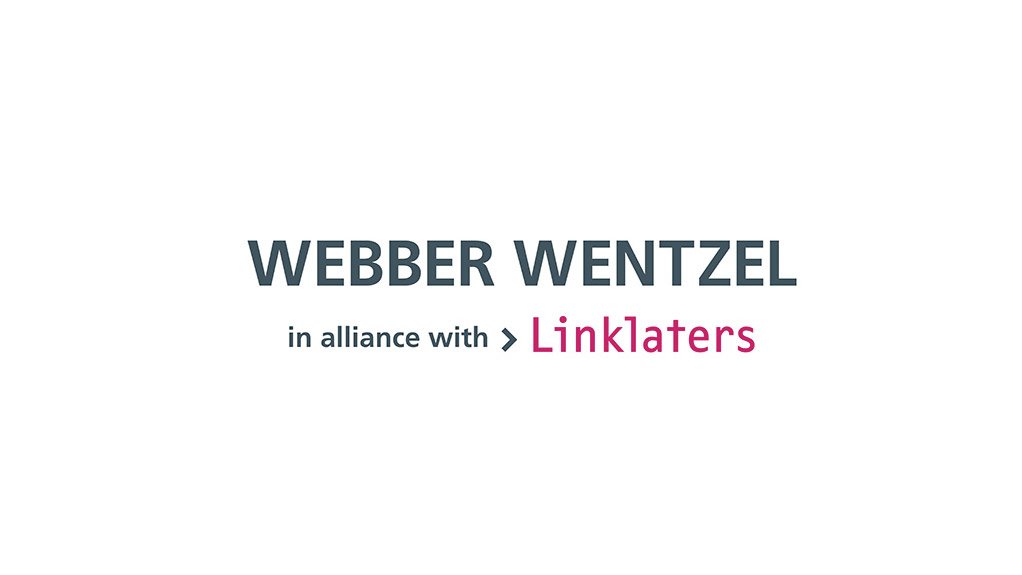The Business & Human Rights Resources Centre has published a Just Transition Litigation Tracking Tool (Tracker), which has documented 60 legal cases launched around the world by Indigenous Peoples, other communities and workers or their representatives directly impacted by alleged human rights harms associated with the growth of the renewable energy value chain between 2011 and 2024.
At a glance, it is apparent that:
- 3 in 4 cases related to allegations of abuse of the right to a clean, healthy and sustainable environment,
- 4 in 5 cases related to water pollution and/or access to water,
- 35% of the cases related to alleged abuse of the right to free, prior & informed consent (FPIC), and
- 45% of cases were brought due to alleged impact on the livelihoods of communities.
The Tracker tracks the "clean" energy value chain, from generation to generation to mineral extraction.
What is clear from the Tracker is that communities and other groups of individuals become more reliant on Courts to establish, assert and protect their rights while Courts, on the other hand, have become more receptive to at least hearing arguments in this respect albeit that it may take years for such hearings to take place
While the Tracker helps assess the litigation landscape, certain facts are quite glaring. For instance, in nearly 80% of the matters included, litigants sought to permanently or temporarily halt the project in question. This alone begs the question of how a transition could occur if the projects contemplated therein are halted, for whatever reason. Furthermore, the Tracker also omits to express the strategic value of the litigation quoted therein in achieving the goal of the writers' being a just energy transition. In short, the Tracker provides a snapshot of what has gone wrong as opposed to what has been going right within the context of the so-called "just energy transition"
While tracking such litigation has its advantages, it cannot be ignored that there are certain disadvantages to the approach taken by the Business & Human Rights Resources Centre. One such disadvantage is to arm all those opposed to the so-called "just energy transition", whether in good faith or not, with the tools needed to temporarily or permanently halt "green" energy projects in various jurisdictions. It is also not helpful that the so-called "just" concept has no widely accepted legal definition against which efforts can be measured.
Ultimately if the urgency proposed for an energy transition is accepted, a balancing exercise must be undertaken to offset the need to transition against the need for it to be "just". Sooner or later, entities such as the Business & Human Rights Resources Centre will be faced with the problem of possibly prioritising the transition over the "just" factor versus sacrificing the transition because it is not "just" enough. This conundrum can only be solved in an environment that calls for dispute resolution outside of adversarial processes.
Written by Merlita Kennedy, Partner & Jared Ishmael, Senior Associate at Webber Wentzel
EMAIL THIS ARTICLE SAVE THIS ARTICLE ARTICLE ENQUIRY
To subscribe email subscriptions@creamermedia.co.za or click here
To advertise email advertising@creamermedia.co.za or click here











